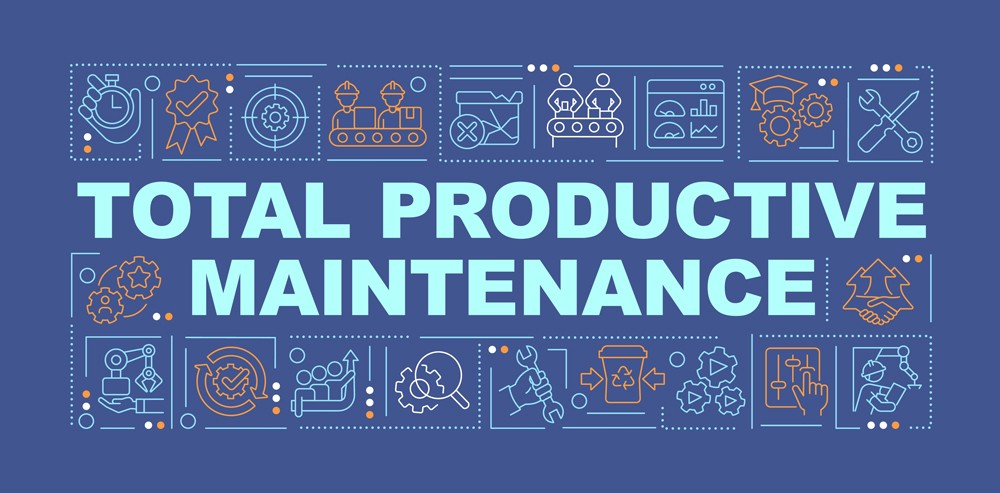

Participants gain a clear understanding of their role in defining and implementing cost effective maintenance policies and continuous improvement actions through an organizational development process based on either the TPM or RCM philosophy.
Delegates are the people in the organization who are involved in, or dependent on, the development of an effective maintenance program and the people that take overall responsibility for the integrity of the physical assets. Delegates include:
The Changing World of Maintenance and Reliability Expectations
The Reality and Nature of Failure to Modern Equipment
Select Target Systems for Maintenance Program Optimization
Define System Functions and Performance Requirements
Failure Modes, Effects and Risk Analysis
Maintenance Program Optimized Decision Making
Implementing RCM
Introduction to TPM
History and Evolution of Total Productive Maintenance
Productive Maintenance and Continuous Improvement
Equipment Effectiveness and OEE Equipment Defects and Losses
Problem Solving Techniques
Autonomous Maintenance
Predictive Maintenance Overview
TPM Implementation Strategies
Implementation Levels
Summary: RCM – TPM Selection Criteria, Implementation Implications
CDGA attendance certificate will be issued to all attendees completing minimum of 80% of the total course duration.
| Code | Date | Venue | Fees | Register |
|---|---|---|---|---|
| MI218-02 | 30-03-2026 | London | USD 6950 | |
| MI218-03 | 12-07-2026 | Cairo | USD 5450 | |
| MI218-04 | 25-10-2026 | Doha | USD 5450 |
.jpg)
A quality management system (QMS) is a collection of business processes focused on achieving your quality policy and quality objectives, i.e. what your customer wants and needs. It is expressed as the ...

The possible reasons leading to machinery failure is important to personnel involved to machinery, operation and maintenance. This will help all of them to take possible precessions in their jobs to a ...

This course provides the fundamentals of Reliability-Centered Maintenance (RCM). The course is not process specific but gives the participant fundamental tools and knowledge required to participate in ...

Total Productive Maintenance (TPM) is an equipment management program that emphasizes operator involvement and ownership of equipment performance. The goals of a TPM program are to maximize equipment ...
Providing services with a high quality that are satisfying the requirements
Appling the specifications and legalizations to ensure the quality of service.
Best utilization of resources for continually improving the business activities.
CDGA keen to selects highly technical instructors based on professional field experience
Since CDGA was established, it considered a training partner for world class oil & gas institution
3012, Block 3, 30 Euro Business Park, Little Island, Co. Cork, T45 V220, Ireland
Mon to Fri 09:00 AM to 06:00 PM
Contact Us anytime!
Request Info